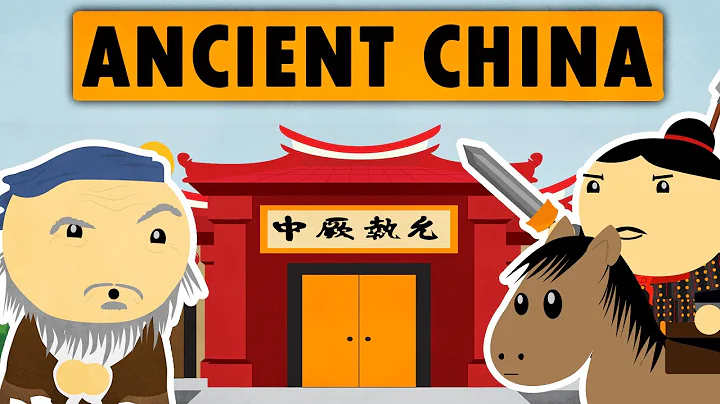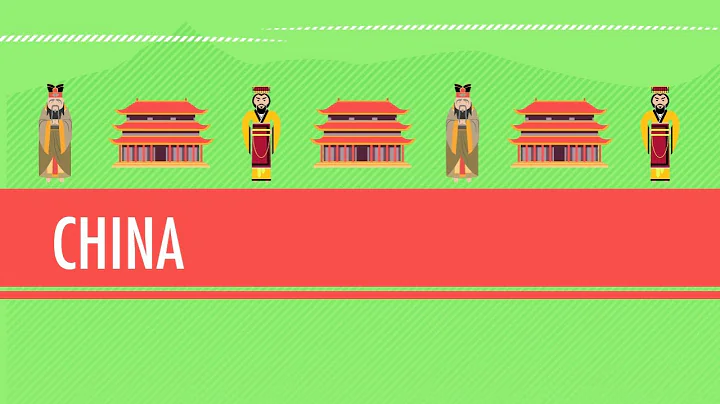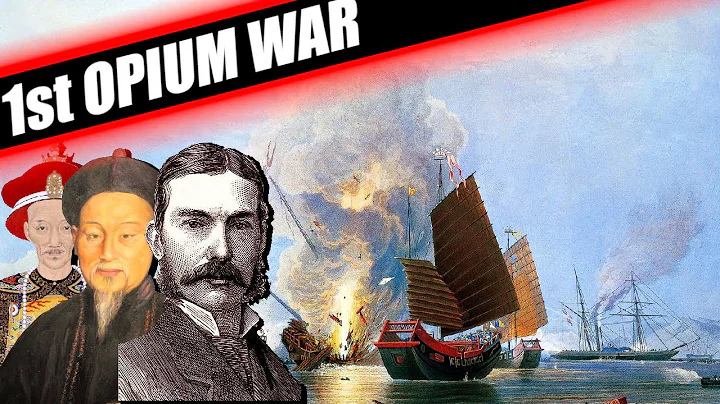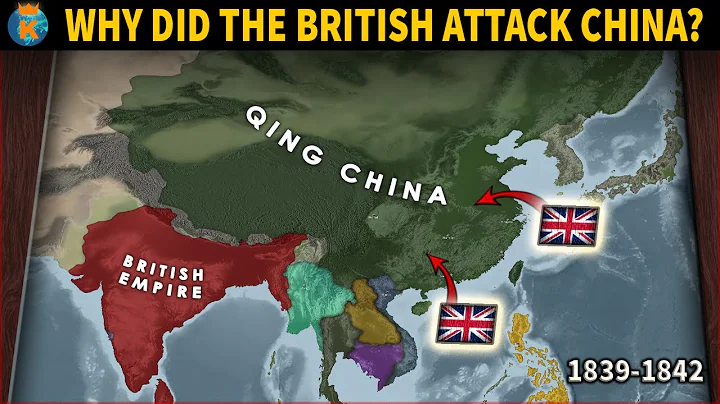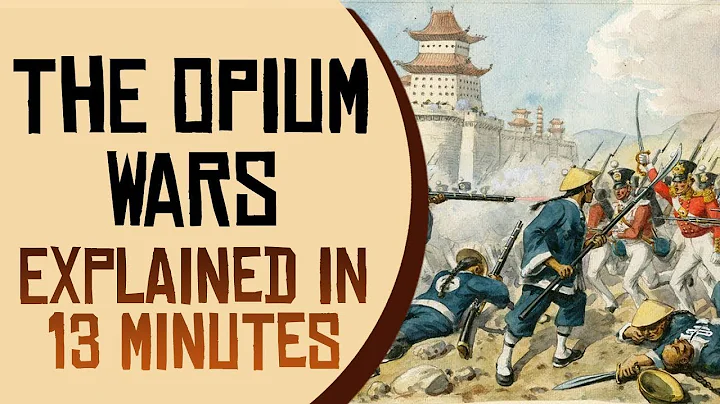
In ancient my country, the word "国" means "city" or "state". "China" means "City of Central" or "State of Central." In the Zhou Dynasty literature, the term "China" has five different meanings: one refers to the capital, the capital; two refers to the kingdom directly ruled by the emperor; three refers to the Central Plains region; four refers to the country and the interior; five refers to the area and establishment of the Han people s country.


Since the Han Dynasty, people often refer to the Central Plains dynasty established by the Han as "China", and the Central Plains dynasty established by brothers also calls themselves As "China". During the Southern and Northern Dynasties, the Southern Dynasty referred to itself as "China" and the Northern Dynasty as "Weilu"; the Northern Dynasty also referred to itself as "China" and the Southern Dynasty as "Daoyi". The Liao and Northern Songs, and the Jin and Southern Songs all called themselves "China", and neither recognized the other party as China. Strictly speaking, the ancient "China" is an adjective, not a proper noun. Of course, "China" in history does not mean the scope of "China" today. Every dynasty in ancient my country did not use "China" as the official country name.

It was not until the Revolution of 1911 that "China" was used as the abbreviation of "Republic of China". After the liberation of the whole country, "China" was also used as the abbreviation of "People's Republic of China". Everyone knows that they are Chinese and that the motherland is China. But in ancient times, what people called "China" was not the "China" now. "China" in ancient times was synonymous with "City in the Central" or "Country in the Central". In Chinese literature, the word "China" has six meanings:
1. Refers to the capital where the emperor is located. 2. Refers to the kingdom directly ruled by the emperor. Because the kingdoms directly ruled by the emperor are generally in the middle of the princely states, it is called "China". Later, it developed into all areas directly ruled by the emperor called "China". 3. Refers to the Central Plains region. 4. Refers to the domestic and inland areas. The Qing Dynasty called the mainland "China". 5. Refers to the place where the Zhuxia people live. Zhuxia area is not only inhabited by Han people, but also many ethnic minorities. People call this area "China". 6. Refers to the country established by the Zhuxia or Han nationality. Since the Han Dynasty, people often refer to the Central Plains dynasty established by the Han as "China". In the history of "China", in addition to dynasties, it should also include regimes and tribes established by various ethnic groups.
Since the 19th century, "China" refers to the entire territory of our country, which is different from ancient times. The origin of the word "China" can be traced back to a dynasty, the Shang Dynasty, very long ago. Since the kingdoms of the Shang Dynasty were located among the princes of its east, south, west and north, people called this land "China", that is, the kingdom that lived in the middle, and it was also the political and economic center. In ancient times, "China" did not appear as an official country name, because the dynasty or regime at that time only had a country name, not a country name. What they call "China" refers to the concept of region and culture. The actual use of "China" as the official name of the country began with the establishment of the Republic of China after the 1911 Revolution, a very famous revolution in modern times. From then on, "China" has become an official name with national significance. Today, "China" is a country composed of all ethnic groups of the Chinese nation, and its full name is the "People's Republic of China". "The Chinese nation", a well-known name, only has a history of 103 years. Its founder is Liang Qichao. Before Liang Qichao created the term Chinese nation, the Chinese basically did not have a modern concept of nation, and even the term "nation" had not been used. The traditionally referred to as "Huaxia", "Han people", "Tang people", "Chinese descendants", and even foreigners calling China "Da Qin", "Aurora", etc., are not a nation-state in the modern sense. title. The so-called "distinction between the Chinese and the barbarians" and "the defense between the barbarians and the barbarian" collectively reflect a relatively narrow and simple racial consciousness.

After the Opium War in 1840, especially after the Sino-Japanese Sino-Japanese War of 1894, the upsurge of national salvation forced advanced thinkers to rethink many issues. In the voice of "protecting the country and protecting the seed", Yan Fu's "Tian Yan Lun" conveyed a kind of worldThe concept of ethnic groups competing with each other in the world has made people realize the importance of "combination". Regrettably, Yan Fu did not further introduce Western nationalist theories. Liang Qichao followed Yan Fu's thinking of "preserving seed" and "combining the group", and gradually used modern nationalist theories to think about problems. After he went into exile in Japan in the autumn of 1898, he systematically studied European nationalist treatises, combined with China's reality, and put forward many new ideas on ethnic issues.

In 1899, Liang Qichao used the word "nation" for the first time in his article "Eastern Ji Yuedan" through his review of European world history works. Later, starting from the concept of national evolution and competition, he boldly proposed that nationalism is the soul of modern historiography. He clearly pointed out in the article "New History": "The historian is the one who narrates the evolution of the population and obtains its axioms." The so-called population evolution here is essentially national evolution. Liang Qichao's national concept has begun to rise to the theoretical level. In 1901, Liang Qichao published his article "A Commentary on Chinese History", which first proposed the concept of "Chinese nation" and divided the evolution history of the Chinese nation into three eras: "First, the history of the past, from the Yellow Emperor to the Qin Dynasty. Unification is the China of China, that is, the era of self-development, self-competition, and self-unity of the Chinese nation"; "Second, the history of the Middle Ages, from the reunification of the Qin Dynasty to the end of Qianlong in the Qing Dynasty, is the China of Asia, that is, China The time when nations and Asian nations negotiated, prospered, and competed most intensely"; "Third, modern history, from the end of Qianlong to today, is the China of the world, that is, the Chinese nation contracted all Asian nations to negotiate with Westerners, The era of competition is also". Liang Qichao repeatedly used three "Chinese nations" here, and outlined the different characteristics of the three periods from a macro perspective. Obviously, they have reached a conclusion after a long period of thinking. On the basis of the "Chinese nation", Liang Qichao formally proposed the "Chinese nation" in 1902. In his article "On the General Trend of Changes in Chinese Academic Thought", he first explained the connotation of the term "China". He said: "Who cares if standing on the largest continent among the five continents and being the largest country among the continents? I am China; who owns one third of the population of the earth, who cares? I am China; more than four thousand years Who cares if the history has not been interrupted? I am also Chinese." Then, Liang Qichao formally used the term "Chinese nation" when discussing the academic status of Qi during the Warring States Period. The saying goes: "Qi, sea country. In ancient times, the Chinese people who have sea power thinker, Jue Weiqi. Therefore, two concepts emerged during this period, one is the view of the country; the other is the view of the world." From "preserving species" and "nation" to "Chinese nation" and then to "China" and "Chinese nation", Liang Qichao basically completed the creation of the term "Chinese nation". This is the earliest vocabulary of the "Chinese nation" seen so far, and it has been used to this day. However, Liang Qichao's specific use of the term "Chinese nation" was rather confusing, sometimes referring to the Han nationality, and sometimes referring to all ethnic groups in China. It was not until 1903 that he published an article entitled "The Doctrine of the Political Science Master Boren". It clearly gives a more scientific connotation. It said: "I should be a Chinese speaker, in addition to small nationalism, but also advocate large nationalism. What about small nationalists? What is the Han nationality to other ethnic groups in the country. What about big nationalists? The tribes are the same as those in foreign countries. He Han, Manchu, Mongolia, Miao and Tibet, form a big nation." In 1905, Liang Qichao wrote another article "The Observation of the Chinese Nation in History", which focused on the analysis of the diversity and mixing of the Chinese nation from the perspective of historical evolution, and categorically concluded that: "The Chinese nation is not a single nation since the beginning. A mixture of many ethnic groups". As a result, Liang Qichao truly completed the revolutionary creation of the term "Chinese nation" from form to content. That is, the Chinese nation refers to all the ethnic groups in China. The Han, Manchu, Mongolian, and Tibetans belong to one family, which is a pluralistic mixture. Because of Liang Qichao's lofty status and influence, once the term "Chinese nation" was proposed, it caused great repercussions in society. Among the newspapers and periodicals run by Chinese students studying in Japan, whether it is "Zhejiang Tide", "Jiangsu", "*** of the 20th Century", or "Minbao", "National News", and "Bozi World", they are all very important to the nation. Confucianism and the meaning of the Chinese nation were discussed. High-level thought theorists like Yang Du also joined the discussion and expressed their insights. Yang Du published an article "Gold and Iron Doctrine" in 1907, giving a detailed explanation of the meaning of the Chinese nation. Yang DudiThe cleverness lies in transcending the consciousness of national ancestry, proposing that the Chinese nation is not so much a racial fusion body as it is a cultural community. The unity, cohesion and indivisibility of culture have created the big family of the Chinese nation. Sun Yat-sen and Zhang Taiyan, from the standpoint of "revolutionary fullness", originally did not care much about national integration issues. However, under the influence of university questioners such as Liang Qichao and Yang Du, they had to think about national unity and national equality. . With the founding of the Republic of China, Sun Yat-sen put forward the theory of "five ethnic republic", which further brought modern nationalism into practice. The concept of a multi-ethnic community of the Chinese nation has gradually gained popularity and has become the consensus of the people







